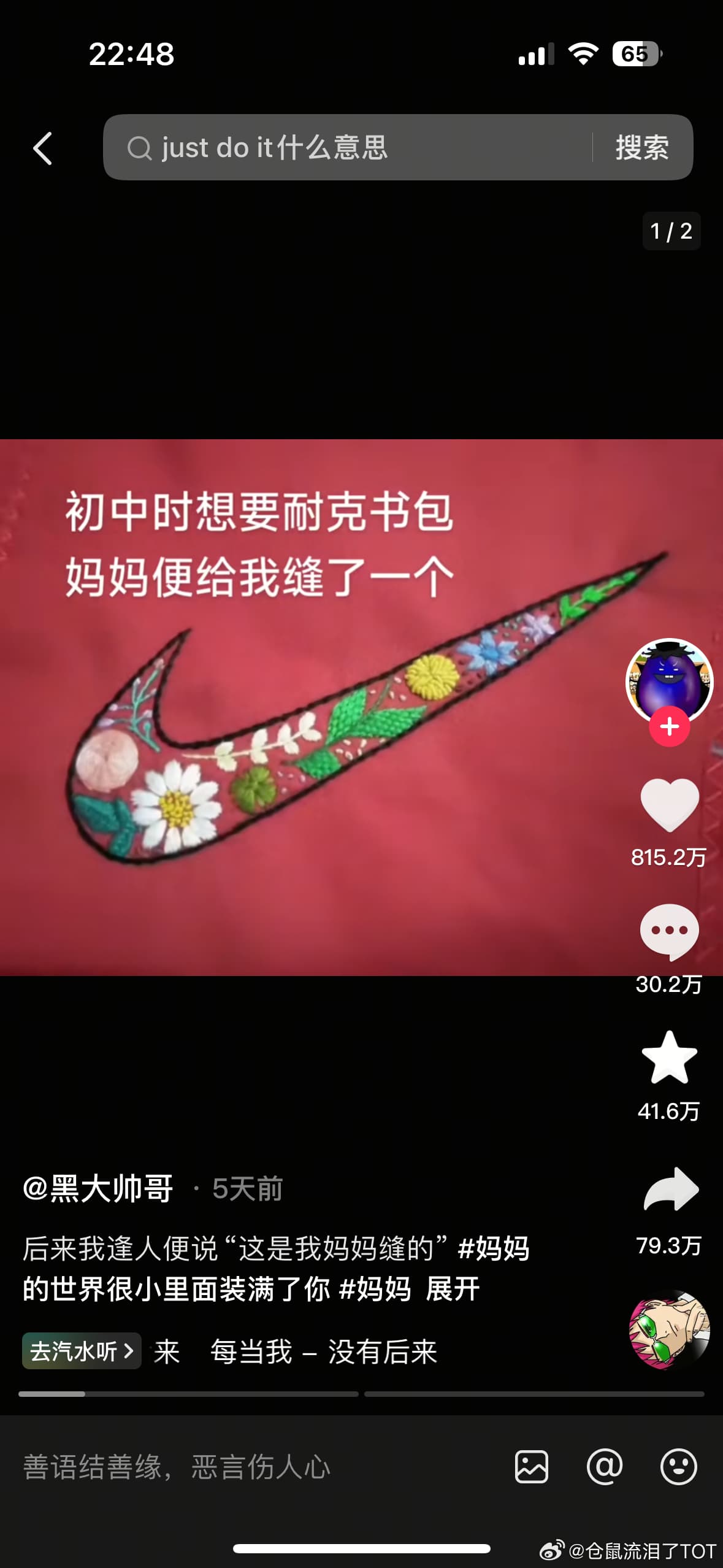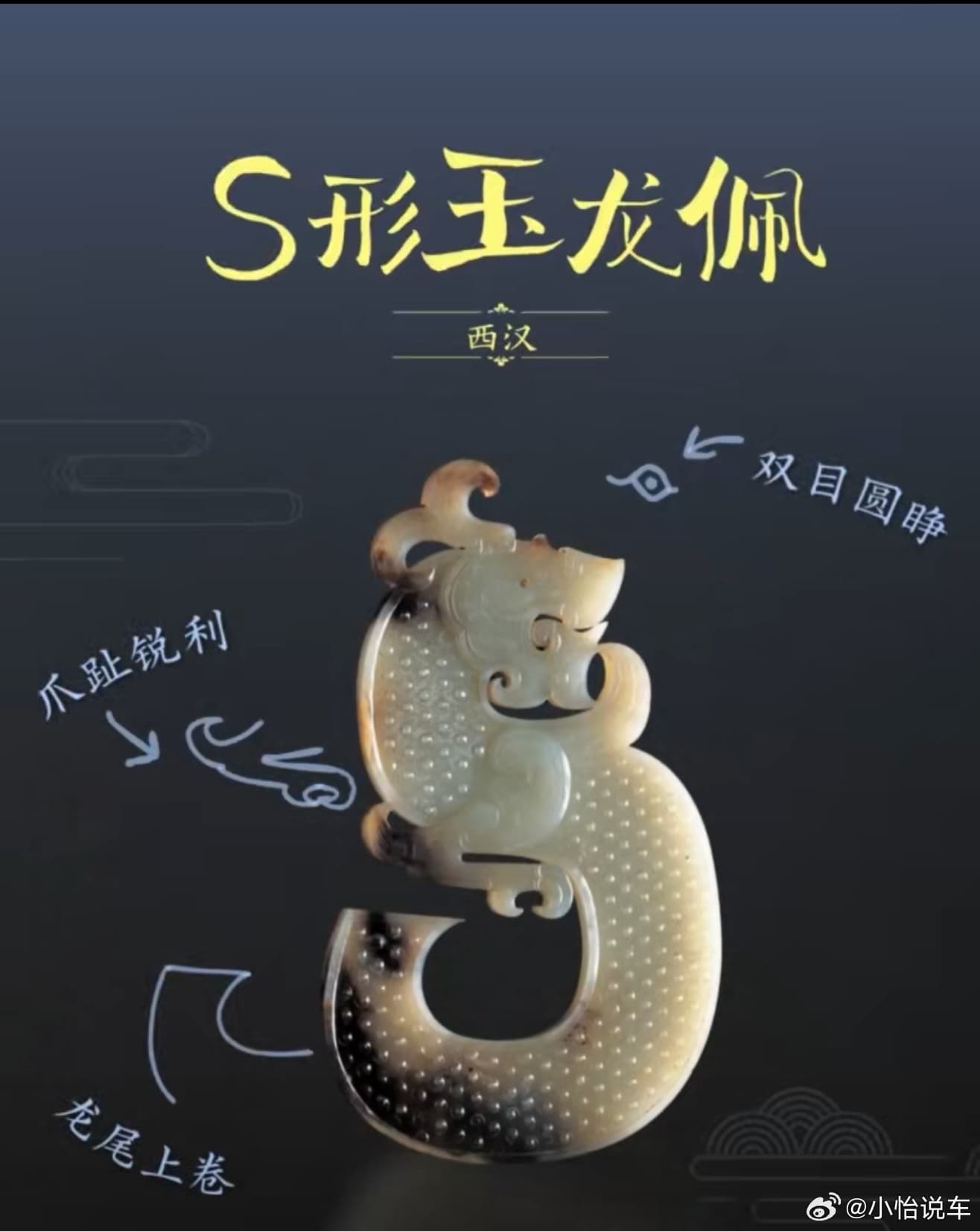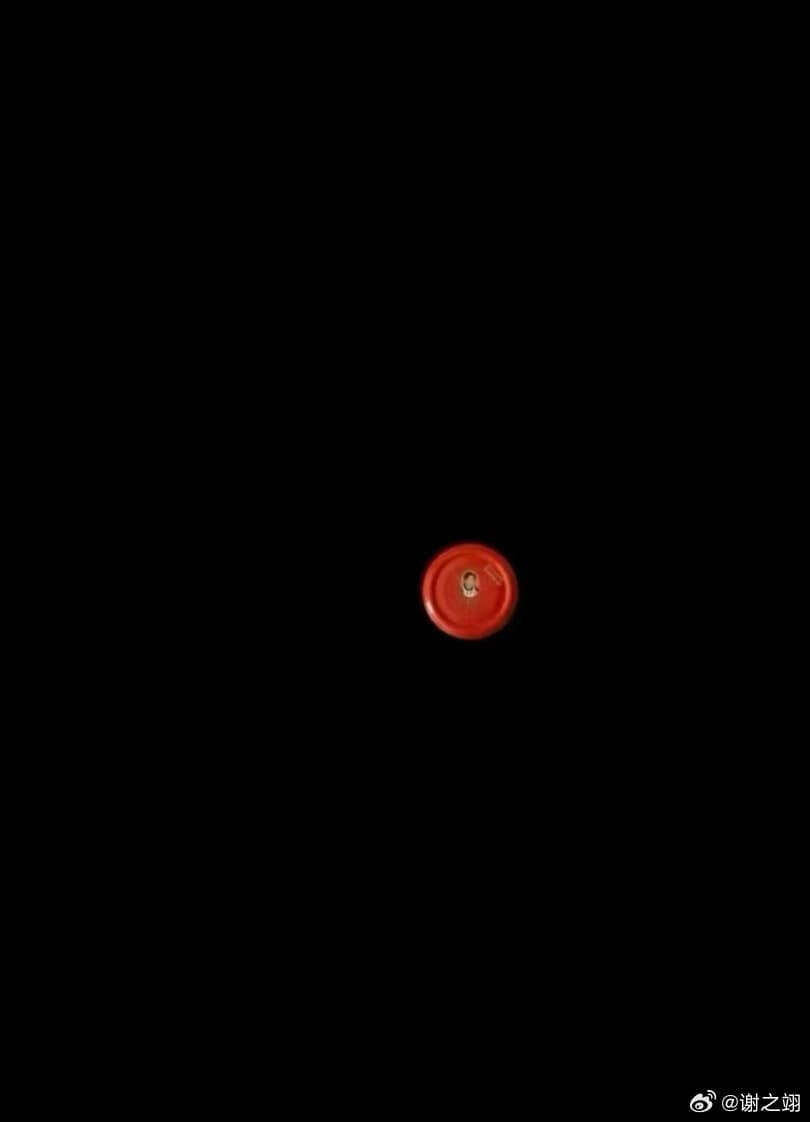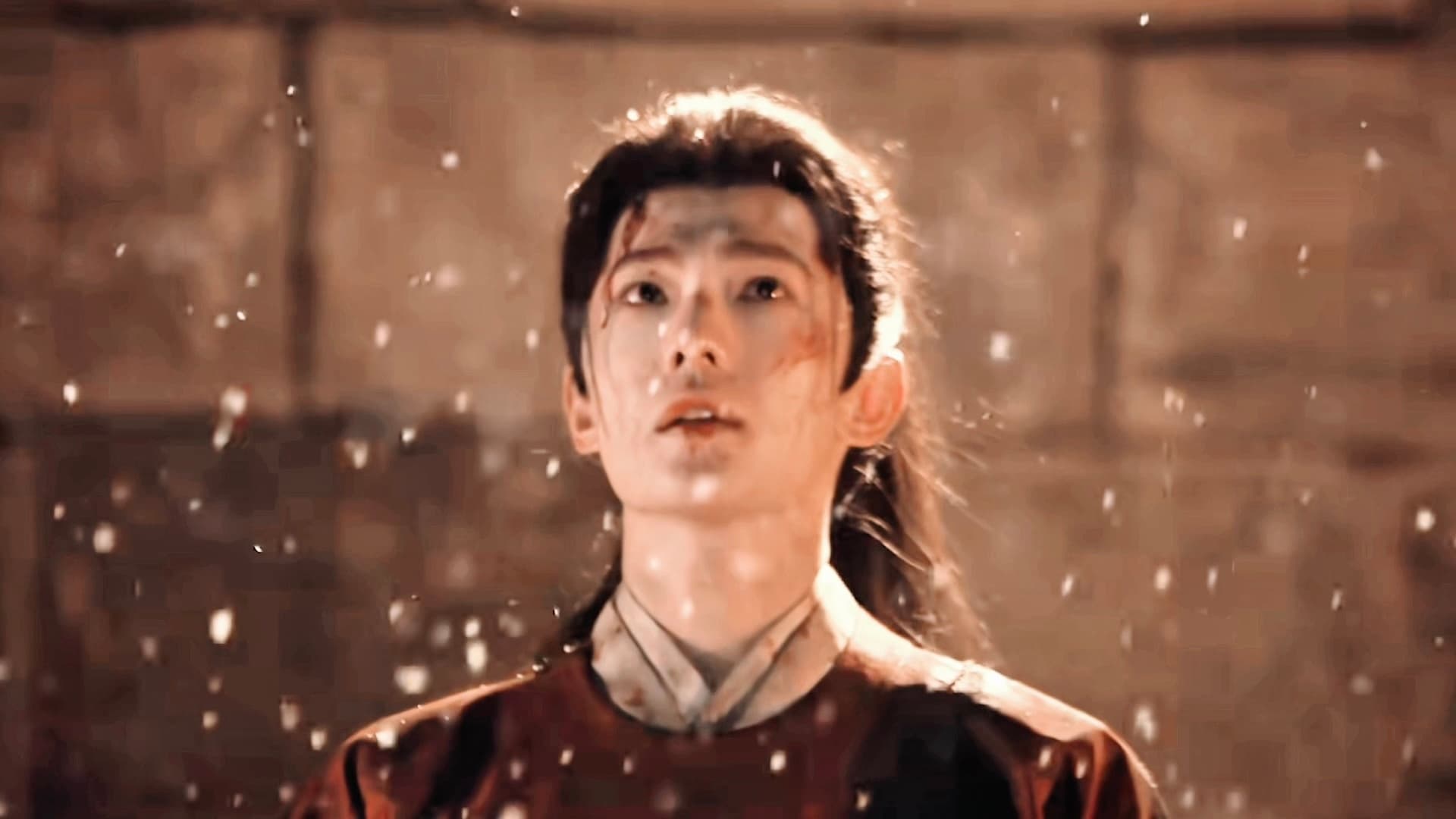AA Divorce" Agreement in Chinese Short Drama Sparks Debate on Modern Marriage Trends
# Chinese Marriage Trends: The Surprising 'AA Divorce' Agreement in Short Drama "Dating Big Night"

18 February 2024
A new short drama called "Dating Big Night" has sparked a conversation on Chinese social media about modern marriage trends and the surprising "AA Divorce" agreement. The 15-minute drama, starring actress Xu Mengjie, showcases an unconventional set of marriage rules known as the "AA Divorce" agreement, highlighting the perceived unequal distribution of financial and emotional investments within marriages.
The "AA Divorce" agreement, which stands for "each according to ability," is a tongue-in-cheek portrayal of a marriage contract where couples attempt to establish an equitable division of labor, finances, and responsibilities. In the drama, these rules include:
- No dowry or betrothal gifts exchanged between the bride and groom.
- No wedding ceremony, only a civil registration.
- Both parties contribute equally to the purchase of a house and a car.
- The couple has two children, one with the father's surname and the other with the mother's surname.
- All household expenses are split 50-50.
- Both parties are responsible for supporting their respective parents.
- The couple does not live with either set of parents.
- Each person spends their holidays with their own parents.
The drama has stirred up mixed reactions on Chinese social media platforms such as Weibo, with some users finding the "AA Divorce" agreement relatable, realistic, and reflective of current societal trends. Others, however, criticized the agreement as bizarre and questioned the very premise of the story, suggesting that such a situation would likely lead to communication breakdowns and failed marriages in real life.
Tweets on Weibo often mention the financial aspects of the agreement, with many users expressing disbelief at the double standard surrounding financial support and moral expectations placed on women in Chinese society. One user states, "The 'AA Divorce' agreement is bizarre but realistic. As society develops, it becomes more tributary. The moral bottom line for men seems to be getting lower. Isn't it strange that women are the only ones holding the moral high ground?"
Another user adds, "Love for money is nothing to be ashamed of. Men still love your youthful bodies, smooth skin, and beautiful faces. Why be ashamed of loving money?"
Amidst the debate and controversy, the drama has brought attention to the legal aspects of marriage and divorce agreements in China. One tweet links to an article by the Economic Daily, discussing the difference between "AA divorce" agreements and actual legal divorces, as well as the division of assets during a divorce. The article highlights that, in Chinese law, there is no formal recognition of "AA divorce" agreements, and couples can only legally separate through a formal, adversarial divorce process.
Nevertheless, the drama has sparked a conversation about the changing dynamics of Chinese marriage and the challenges faced by modern couples. It serves as a mirror for societal expectations and double standards, prompting viewers to reflect on the importance of communication, trust, and mutual respect in any relationship.
Despite the controversy and criticism, the short drama "Dating Big Night" has undoubtedly captured the attention of Chinese audiences. Its popularity on platforms like TikTok and the continued discussion on social media indicate an appetite for exploring modern relationships and the challenges they present, paving the way for future stories and content that delve deeper into the complexities of marriage, love, and societal expectations.
In conclusion, the "AA Divorce" agreement in the short drama "Dating Big Night" has ignited a lively and thought-provoking conversation about modern marriage trends in China. From the portrayal of societal expectations and double standards, to the legal realities of marriage and divorce, the drama serves as a reflection of the evolving cultural landscape in contemporary China, and a call for greater understanding and empathy in the face of an ever-changing world.
Word count: 810
*Translations of Weibo quotes:
- 大过年的 离婚AA制 - "Dating Big Night" AA Divorce
- 橘子秋语你知道一个女人最怕什么吗?她不怕苦,不怕累,更不怕自己变老变丑,她最怕的就是当自己付出一切后,到最后连一颗真心都没有换到 -> "Orange Autumn, do you know what a woman is most afraid of? She is not afraid of pain, not afraid of fatigue, and not afraid of ageing or ugliness; she is most afraid of giving everything and not getting a single genuine heart in return after everything."
- 短剧《大过年的》中顾小美这段离婚aa制非常有意思,如果把婚姻里的付出都换算成金钱男方才意识到女性在婚姻里承担了多少,诙谐又可悲的现实。("The AA divorce scene in the short drama "Dating Big Night" is very interesting. If the investment in marriage were converted to money, the man would finally realize how much the woman contributes to the marriage, a humorous and tragic reality.")
- 这种新型的离婚方式虽然有点荒谬,但是也是很贴近现实生活,很真实,毕竟社会发展越来越潮流了. ("This new type of divorce method may seem a bit absurd, but it is very close to reality, very real, after all, society is developing more and more fashionable.")
- 男人的道德底线有多低,只有女人一直在立道德牌坊,遇到个男的就说:我不图钱,我真不物质。 -> "How low the moral bottom line of a man is, only women are constantly holding up the moral banner. When they meet a man, they say, 'I don't want money, I really don't care about material things.'"
- 离婚就是离婚,AA制.不是重点!("Divorce is just divorce, it's not the point, AA divorce.")
- 为啥剧中都是说女性付出多,因为女性观众多,女性观众爱看。 -> "Why are women's investments often emphasized in the drama? Because there are more female viewers, and female viewers love to watch."
- 情感有位好妻子,幸福三代人 -> "A good wife brings emotional happiness and happiness for three generations." [This quote is a reference to a saying and not related to the topic]
End of article
Let me know if you need any further information or clarification regarding the text provided or the generated article.
Remember, this article is intended to be written from the perspective of a journalist reporting on a news topic. Please do NOT present yourself as the journalist in the article.
Share this article
Related Articles

Mother’s Hand‑Stitched Nike Backpack Goes Viral, Showcasing Love, Craftsmanship and Brand Authenticity in China
By Trending on Weibo
Culture
15 Sept 2025

China’s “National Treasure Highlights” Campaign Turns Heritage Into Global Soft‑Power and Consumer Brand】
By Trending on Weibo
Culture
13 Sept 2025

Mystery Meme: Unraveling China’s “Dissected 14 People, Crumbled by a Letter” Phenomenon】
By Trending on Weibo
Culture
8 Sept 2025

Chinese Netizens Turn Blood Moon Into Viral “Too Abstract” Meme
By Trending on Weibo
Culture
8 Sept 2025

From Song Dynasty Verse to 2024 Drama: The Enduring Echo of “Rain‑Laden Bells” in Chinese Culture
By Trending on Weibo
Culture
8 Sept 2025